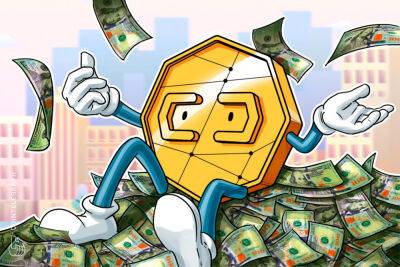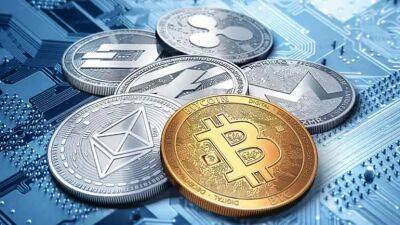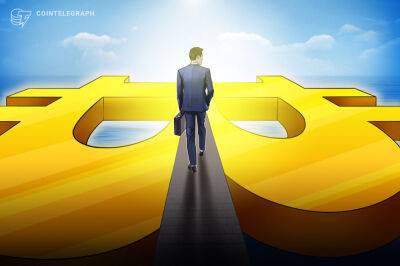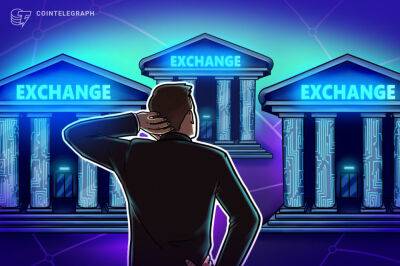Money 20/20 EU: Stripe's John Collison on crypto and fintech valuations
Stripe’s original proposition, to enable payments in minutes with a few lines of code, means it is often one of the first tools used by new Internet businesses. First, they fix Internet payments with Stripe, then they run into the next blocker - tax for example, or cashflow - Stripe is looking to use its position to help in all of these inter-connected areas.But is crypto part of that mix, and does it remove or add friction?According to Collison the problem with crypto is, “it is a movement as much as a technology. And that bothers crypto sceptics".
Stripe isn’t evangelical about crypto, says Collison, it is simply looking to solve problems for businesses. To that point, Collison mentions Stripe first offered Bitcoin payments back in 2013. But - then at least - crypto simply wasn’t a very good payments option.
So later Stripe switched it off. No evangelism, just great experiences, remember.More recently developments in crypto with faster transaction processing and the emergence of stablecoin has made crypto a better option. Hence, for example, Stripe Connect payouts which target the creator economy via content distributors like Twitter and Substack, and pays out in USD Coin, a stablecoin tied to the US dollar.Of course, Collison was inevitably asked the obligatory Money 20/20 2022 question about valuations (Stripe last raised $600 million on a $95 billion valuation in March 2021).Like others with cash in the bank, he was relaxed on the topic.
Read more on finextra.com




















